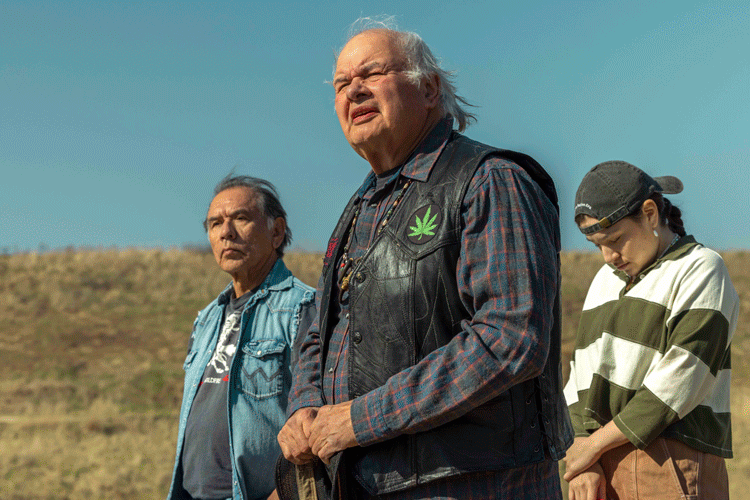Bochco’s Essay on Television--The Height of Arrogance?
In his Sunday Calendar story “How I’d Fix Network TV” (Aug. 16), television producer Steven Bochco said this about TV: “It’s not very smart. It’s not very funny. It’s not very truthful, or very real. It’s not very enlightening, and only occasionally thoughtful. In short, it’s just not very good.” He also stated that “if television was a dog, that dog wouldn’t hunt.”
To continue his own metaphor, if Bochco were one of those dogs, he wouldn’t bite the hand that fed him. And in this instance, the dog is awfully well fed.
Steven Bochco made his career and amassed his fortune through the very system he so brutally chastises. Television, like the movie business, is by nature a collaborative art. Success--creative or financial--does not arrive in a vacuum and it strikes me as the height of arrogance for Bochco to imply that his achievements came without the help of his network partners who were wise enough to air his programs.
Bochco had his fortunes significantly enhanced when a network granted him a lucrative commitment based on the success of the hit shows “Hill Street Blues” and “L.A. Law.” This 10-show guarantee was more than financial, as the network was essentially promising to endorse Bochco’s creative judgment. He should be grateful for the support of his partners.
Part of Bochco’s attack on TV says that networks rely far too heavily on research. It’s an unfair oversimplification to suggest that the networks rely on research results alone to determine the fate of programming. If they did, Bochco’s own “Cop Rock” never would have made it past the pilot stage. (Eleven episodes aired before the show was canceled.)
The selection process for what gets on the air is obviously not perfect and not always fair. Quality shows are sometimes canceled because they are pitted against bulletproof veteran programs and the new shows simply cannot compete. But year after year, talented people get to see their programs make it on the air because of, and not in spite of, their partners at the networks.
Bochco assails the pilot system and yet that very system has generated shows ranging from “All in the Family” to “Murphy Brown,” from “Lou Grant” to “Cheers.”
Does Bochco actually believe that his own successful shows “Doogie Howser, M.D.” and “Hill Street Blues” were the result of his efforts alone? Maybe he should ask himself the following questions:
* Was there any strategy involved in the positioning and programming of the shows?
* Did the network lend any creative vision to the shows?
* Did backing the shows require any courage on the part of the network?
* Did other writer-producers contribute to the success of the programs?
* Did the creator, in this case Bochco, have talent?
I would submit that the answer to all these questions is a resounding yes.
Like a blockbuster movie, a hit TV show is the result of a number of factors. Not only does the creator of the show have to have vision but the network also must have the foresight and the patience to stick with the show and to program it in the proper time slot. In short, the network is, by nature, a valuable partner and not simply a thankless obstacle or, in the case of failure, a convenient scapegoat.
In the end, television can only be as good as the people who create the programming. Otherwise, as TV pioneer Edward R. Murrow said, “It is merely lights and wires in a box.” It is incumbent upon all creative talent to recognize and involve their writing staffs and their partners at the networks rather than merely chastise and ignore them.
It is not Bochco who puts millions of dollars at risk each time a new show comes on the air. Fortunately for him the lucrative guarantees he gets from his backers at the network and the studio make this business nearly all upside. That is what makes his sharp-toothed bite seem all the more unprovoked.
More to Read
The complete guide to home viewing
Get Screen Gab for everything about the TV shows and streaming movies everyone’s talking about.
You may occasionally receive promotional content from the Los Angeles Times.






